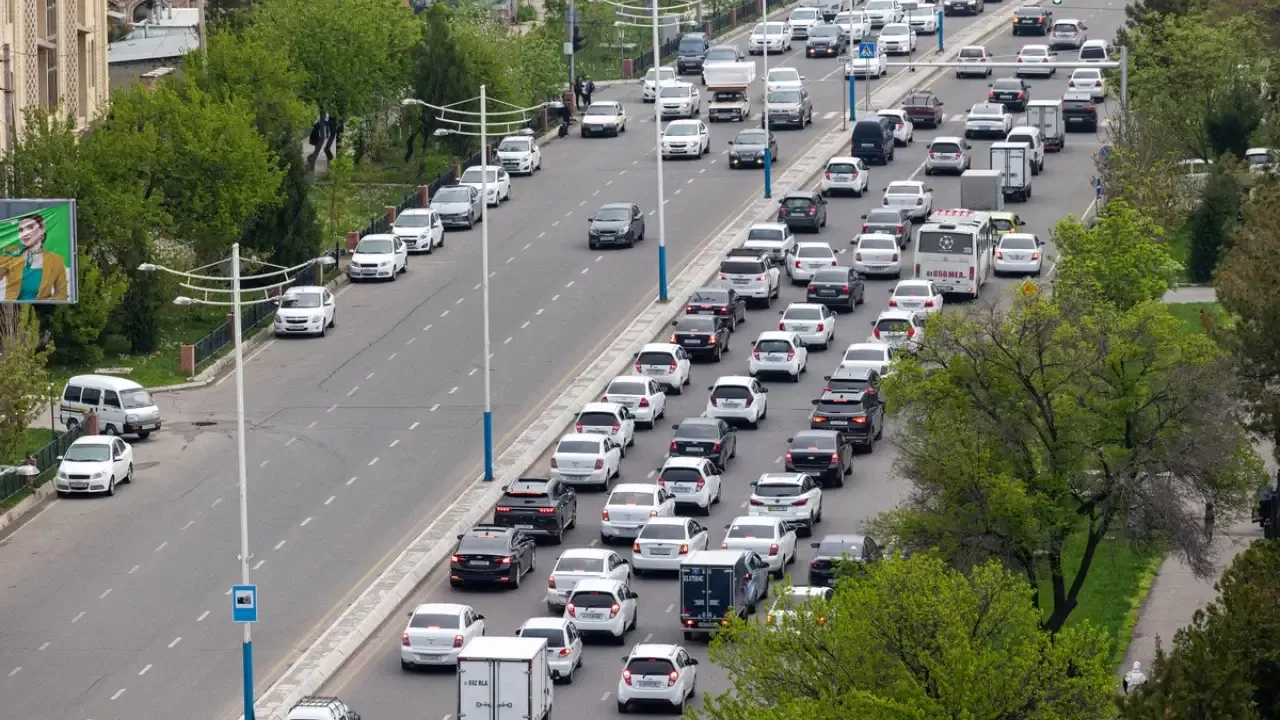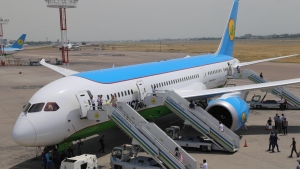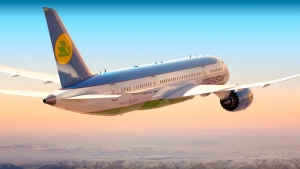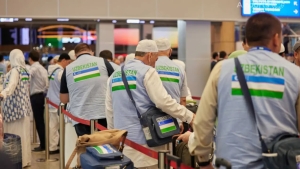Measures are being taken to regulate car prices

Issues related to regulating and optimizing car prices in Uzbekistan are being seriously considered. This was reported by Zamin.uz.
Differences in prices between official and unofficial dealers as well as local car manufacturers are being analyzed separately. Based on this analysis, specific measures to regulate prices are planned to be developed.
This initiative is also reflected in the decisions of the inter-agency commission working in cooperation with the World Trade Organization. Currently, prices between local manufacturers and dealers are being thoroughly studied.
According to the results of this study, proposals for price optimization will be prepared. This issue was discussed at the inter-agency commission meeting held on September 2 under the chairmanship of Deputy Prime Minister Jamshid Khodjayev.
This was reported by the Autodeklarant Telegram channel. The Technical Regulation Agency (“Uzstandard”) confirmed the authenticity and official status of the documents.
Tests are being conducted at the Piskent testing ground to determine electromagnetic compatibility and the level of harmful substances inside the cabin. Currently, the conformity of cars is assessed in accordance with the Cabinet of Ministers’ Resolution No. 237 dated April 25, 2017.
According to this resolution, 62 indicators of the vehicle are checked. However, in Uzbekistan, only 25 of these can be tested.
The rest are recognized according to the Geneva protocols adopted in 2018. From January 1, 2023, the requirement to sell newly imported cars only through official dealers was abolished.
Therefore, the number of conformity indicators for cars imported for personal use was reduced from 62 to 14. Starting from November 1, 2024, these cars began to undergo certification based on 14 mandatory indicators.
Although an electronic queue system was introduced during the testing process, long queues have formed due to insufficient capacity of the testing site. This situation caused dissatisfaction among citizens.
The Chairman of the Chamber of Commerce and Industry, Davron Vahobov, emphasized that this procedure was introduced to protect local manufacturers. In the first quarter of 2023, car imports decreased from 22,186 units to 6,888 units, and the delivery volume dropped from 488 million dollars to 115.1 million dollars.
In 2024, 74,505 passenger cars worth a total of 1.32 billion dollars were imported. Based on new decisions, each car imported for personal use was exempted from the requirement to undergo electromagnetic compatibility and harmful substances tests.
Additionally, the validity period for approving the type of motor vehicle for legal entities was extended from 3 to 5 years. By October 1, the “Uzstandard” agency was tasked with involving the private sector in establishing conformity assessment centers and submitting proposals to improve the accreditation system.
Moreover, a draft of normative legal documents will be prepared to amend technical regulations. The Consumer Rights Protection Committee and the Ministry of Economy are required to analyze price differences between local manufacturers and dealers and submit specific proposals for optimization to the Presidential Administration.
Quality control of imported cars will be strengthened, and effective responses to consumer complaints have been set as a priority task. Source: Autodeklarant.







